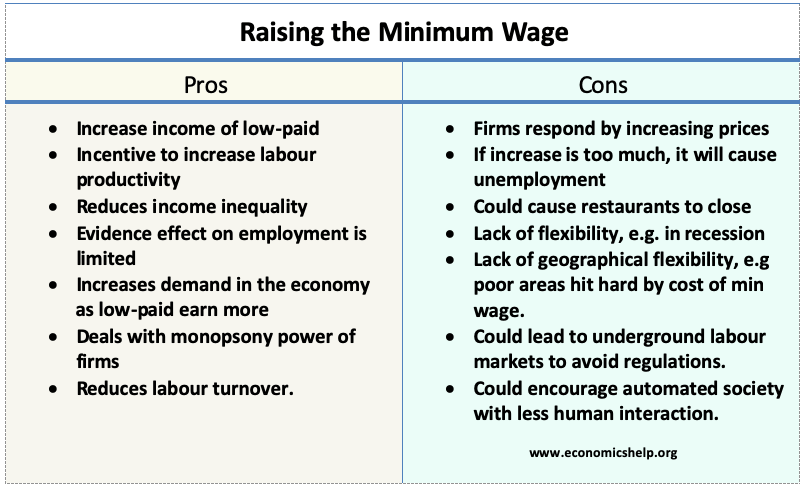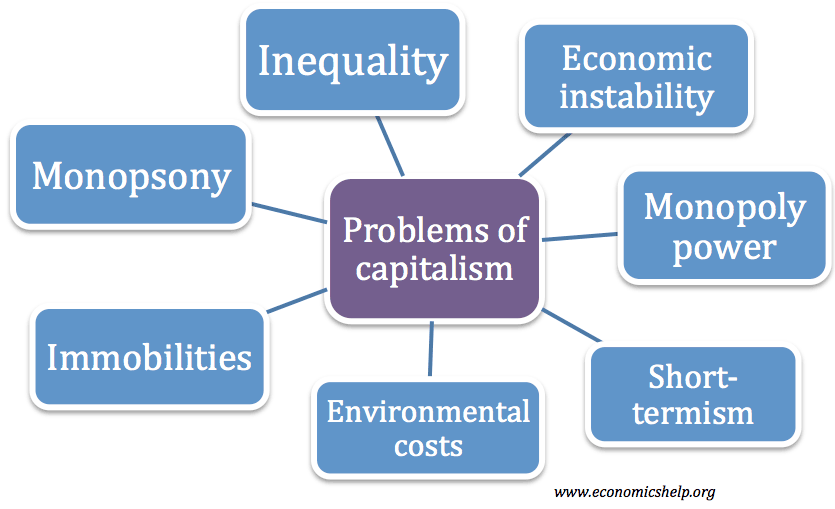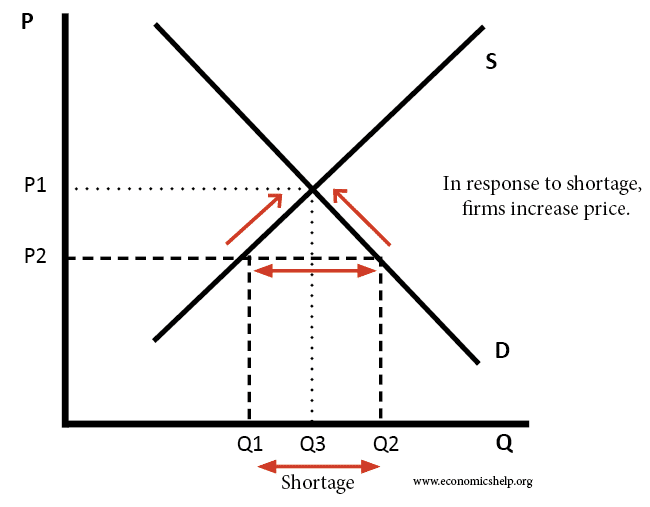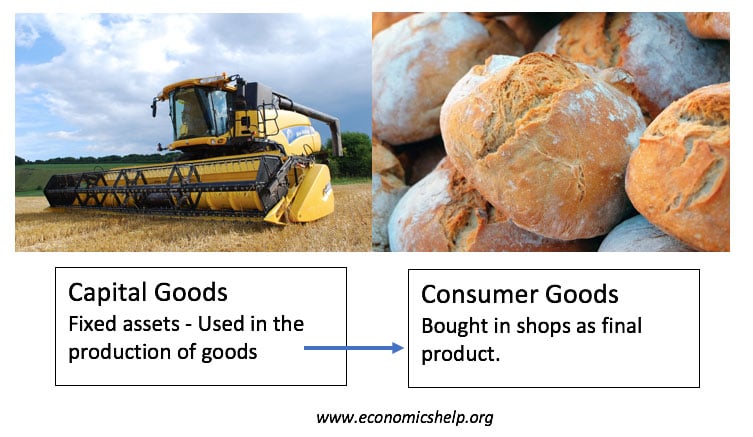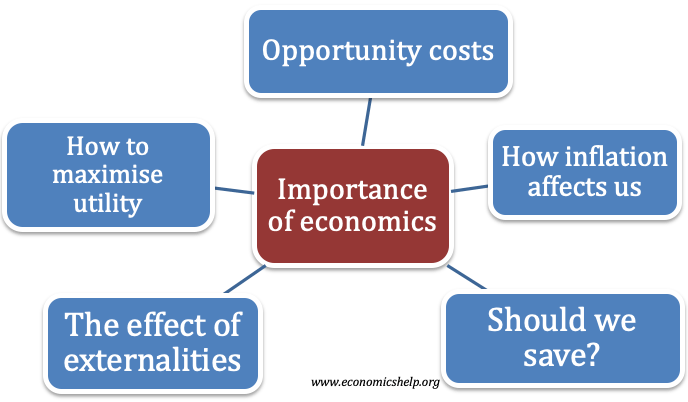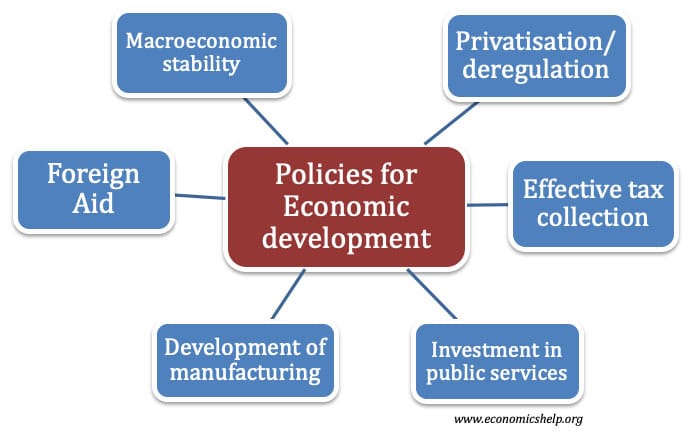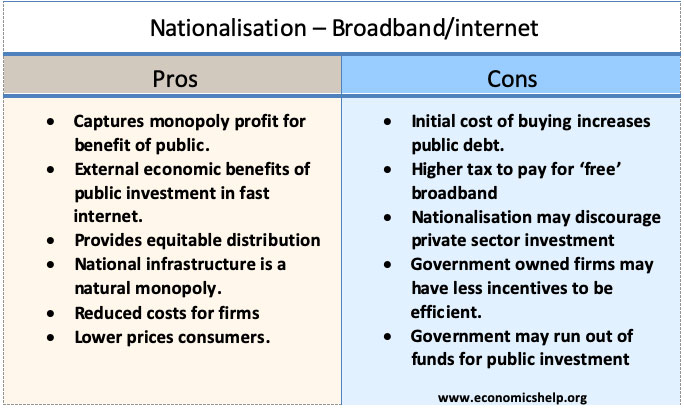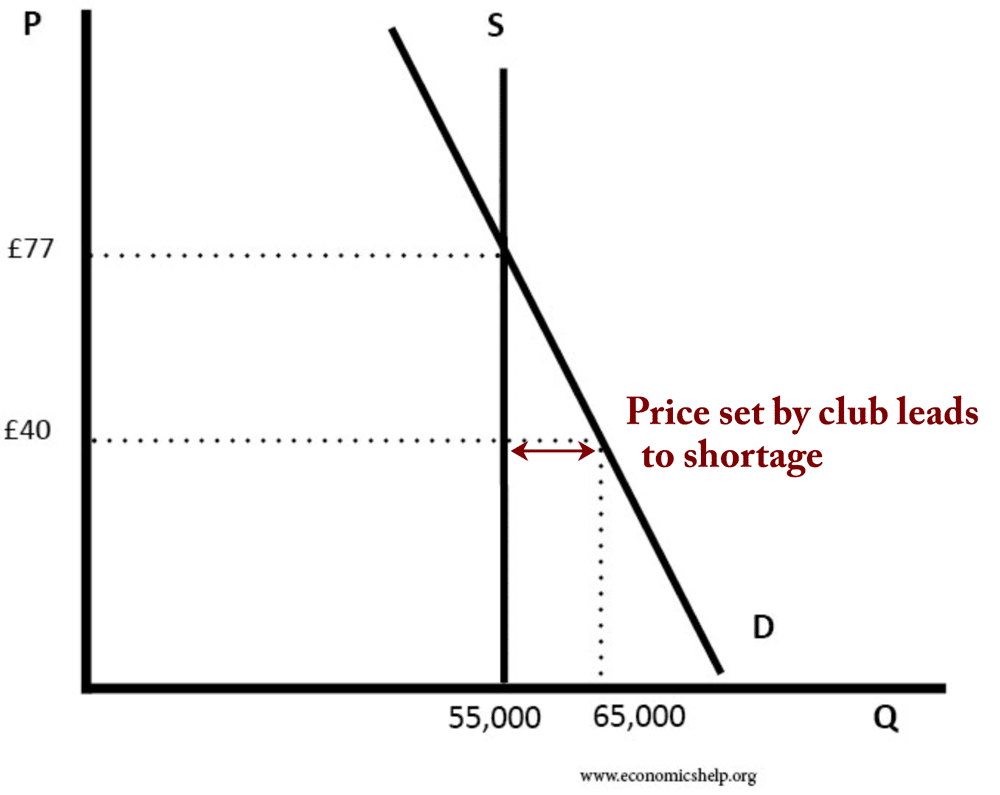Pros and cons of raising the minimum wage
In both the UK and US, politicians are proposing significant, above-inflation increases in the minimum wage. The US is proposing an increase from $7.50 to $15 by 2024. The arguments for raising the minimum wages include – reduced in-work poverty, a reduction in inequality, an incentive to increase labour productivity and higher wages leading to …

